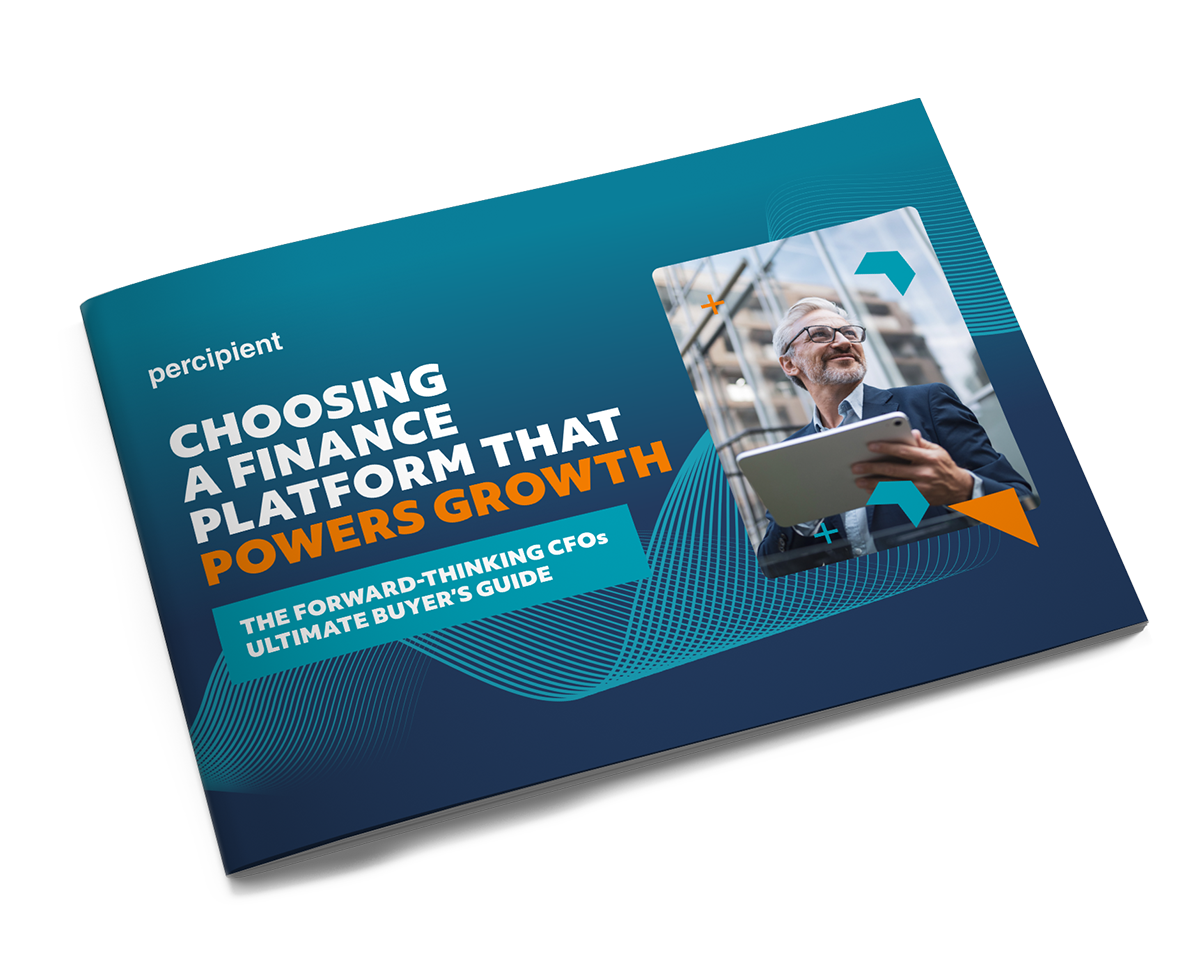2022 And Beyond
The pandemic has seen the role of digital accelerate beyond measure right across the hospitality industry. To a certain extent, disruption has become the ‘new normal’, with hospitality businesses striving to accommodate ever-changing restrictions in their quest to ensure that all-important continuity of quality service.
As such, long-planned digital initiatives have been expedited and, out of the fog of COVID-related uncertainty, have emerged some more efficient ways of working, with some of these emergency measures and contingency plans now becoming standard practice. What’s emerged is an industry that’s optimistic about the future, confident in its ability to build back better and stronger than before.
So, in light of this, what are the key trends to have come out of the pandemic, and which are we most likely to see leave an indelible mark as we progress through 2022 and beyond?
Top Trends in 2022
1 B-Leisure
The shift to more remote working across many industries has seen a marked increase in ‘b-leisure’, where more people are combining business and leisure when making use of hospitality services. As such, hospitality businesses are having to work harder to adapt their services to meet the needs not only of b-leisure travellers but also remote workers. That means more Wi-Fi, more plug sockets and more workspaces, facilitating a seamless link between personal and business lives, and ensuring that hospitality businesses stand out from the crowd in an increasingly competitive market. This also has a potential impact on the hospitality workforce, with an expectation that employees will accommodate increased calls for remote, flexible and hybrid working.
2 Managing the Labour Shortage
The hospitality industry is one of the sectors most affected by the challenging global labour shortage. Without a magic wand with which to conjure up the staff needed to fill vacancies, hospitality businesses are being forced to find ways to optimise the staffing resources they have. As the industry struggles to fill the job gap, it’s having to find workarounds to maintain the levels of service that customers expect. Again, technology has a key role to play here, increasing automation where possible, with virtual assistants and chatbots allowing businesses to make better use of the staff they have without compromising on service.
3 Remote Working
While remote working for frontline customer-facing hospitality staff isn’t practical, this certainly isn’t the case for back-office teams. As such, we’re seeing more hospitality businesses adopting what were initially workarounds at the height of the pandemic, as standard practice, uniting dispersed back-office staff through the use of technology.
Even if organisations have abandoned remote working, manual, paper-based systems are no longer fit for purpose, not reflecting the complex reality of operating in the hospitality sector in 2022. In light of this, we’re seeing more businesses amalgamating their systems, bringing together key information from right across the organisation in a central solution. The error-prone and time-consuming re-keying of information is no longer needed, instead uniting various parts of the business with a single version of the truth in real-time.
This easy access to business-wide information makes for a more streamlined operation, bringing together not only multiple business functions but multiple sites and business units too. Hospitality businesses recognise that this sharing of information is best practice, creating an efficient back-office function which underpins slick customer-facing operations while building a solid infrastructure to support further digital initiatives.
Recent research forecasts that AI in the hospitality market will grow with a compound annual growth rate value of approximately 10% from 2021 to 2026, a prediction that’s supported by the increasing use of AI technology in hospitality venues.
4 Digitised Guest Experiences
Having been building in popularity for the last few years, the hands-free, contactless guest experience certainly came into its own during the pandemic. Tech-assisted options such as mobile check-in, smart rooms and contactless payments continue to become more commonplace, with voice control and biometrics playing an increasingly large role too.
More customers are expecting these hands-free, highly digitised experiences and more hospitality businesses are certainly reaping the benefits of a digital guest experience. Fewer staff are required for some of the more mundane aspects of customer service, freeing up staff to focus on more value-add activities, such as nurturing guest relationships.
Recent research forecasts that AI in the hospitality market will grow with a compound annual growth rate value of approximately 10% from 2021 to 2026, a prediction that’s supported by the increasing use of AI technology in hospitality venues. AI-enabled chatbots, for example, are being successfully used as customer service tools, helping at check-in or responding to common queries.
It’s the same with Virtual Reality and Augmented Reality tools, able to deliver tours of premises from the comfort of potential customers’ homes or provide extra information when on-site, enabling customers to access information such as menus, tourist recommendations and opening times. The industry can expect to see more enabling technologies emerging over the next year as tech companies recognise the increasing need to digitise more aspects of the guest experience.
Research from just last year shows that 82% of accommodation providers surveyed view sustainability in the hospitality industry as being important.
5 Sustainability
In their efforts to tempt back customers post-pandemic, hospitality businesses are doing more to emphasise the attributes which stand them apart from the crowd. One of the key areas where it’s possible to differentiate a business from the competition is sustainability. Research from just last year shows that 82% of accommodation providers surveyed view sustainability in the hospitality industry as being important.
To appeal to an increasingly environmentally aware customer base, it’s crucial that hospitality businesses can demonstrate to customers what they’re doing and what impact these initiatives are having. Not only should this focus on the more traditional initiatives such as producing less waste, recycling more, washing towels less often, opt-in receipts and the like, but efficiency savings can play a major role.
So, working out where tangible efficiency savings can be made, be it through energy use or more efficient use of assets and resources. Data here is key too, with access to business-wide information and insight making it a lot easier for organisations to identify exactly where changes should be made, underpinning targeted efforts to improve organisational sustainability which can then be communicated to customers and prospective customers alike.
6 Increased Personalisation
Customers are used to increasing personalisation in more and more areas of their lives – social media adverts tailored to their interests, Facebook friend suggestions, personalised direct mail – and it’s no different when it comes to the hospitality sector. Targeting potential customers via their preferred communication channels, addressing them with their correct name, and making recommendations as to experiences they might enjoy – all these things will continue to be important as we go through 2022.
Pre, during, and post-visit communications should be tailored and targeted to the individual in question. Generic mass mail-outs are a thing of the past, serving only to alienate a customer base in many cases. Crucial to getting this personalisation right though is the comprehensive and accurate collection of information, not just in terms of contact details but also communication preferences, past buying habits and hospitality behaviours, all in line with GDPR. Using the right systems to not only collect but analyse this information is key, making the most of analytics and Business Intelligence tools to achieve the insight needed, which can then be shared across the business, better informing a truly personalised guest experience.
A Year of Growth
As hospitality businesses focus on making a full recovery from the events of the last two years, operational efficiency and customer service excellence must go hand-in-hand. As we’ve seen, digital initiatives so often can form the basis for both of these key business goals, helping organisations to build back better, and putting in place the robust and resilient foundations to pursue even the most ambitious growth strategies in what continue to be challenging times.
Hospitality Finance Specialists
We help hospitality businesses get the most out of their back-office solutions. Using the latest cloud technology, our finance solutions enable you to seamlessly integrate with your existing systems to give you one complete view of your operations.
Get in touch to find out how our cloud-based finance solutions can help your business or register your interest for one of our coffee break demos.




